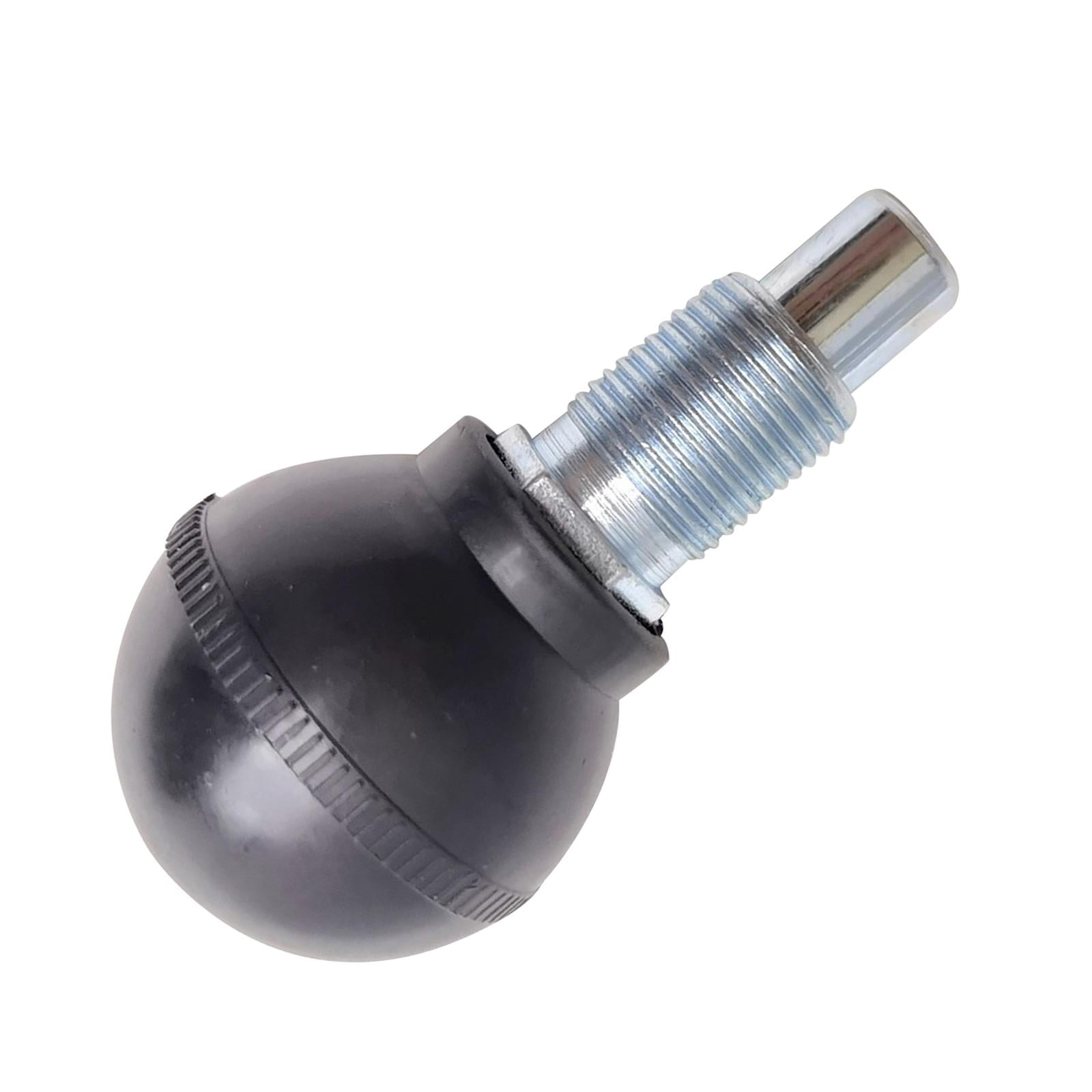
Option 3.) Using apt command:Īpt is the most commonly used command to install, remove, and manage software packages from Ubuntu repositories, PPAs, and third-party apt repositories. To install it, click on “Install Package” button.Īnd a ‘Remove Package’ button will be available once you installed it. When Gdebi opens, it shows the package details including app description, dependency libraries, and installed files. Ubuntu users can either install it from Ubuntu Software or by running command in terminal (Ctrl+Alt+T): sudo apt install gdebiĪfter installed it, just right-click on a deb file, select “ Open With Other Application” and choose Gdebi package installer to open the file. Gdebi package installer is the most recommended way to handle. However Ubuntu Software is buggy, it’s one of the top core apps being criticized for years. By default, it opens Ubuntu Software with an option to install the software package. Like EXE file for Windows, you can simply double click on a deb file. Option 1.) Directly install via double-click. deb files for downloading in their project pages or websites. Besides Ubuntu main / universe repositories and Ubuntu PPAs, some applications offer.

They may say "sure, go ahead, knock yourself out" or they may not.but you should ask about anything that may cause problems for the owners/administrators of the machine.Got a deb file download from the web? This is a beginner’s guide shows you how to install the file in Ubuntu.ĭEB is the software package format for Debian / Ubuntu based systems. Most sysadmins would probably not be entirely happy for end-users to be installing such software without permission. Very few, however, would consider installing a torrent client to be harmless, especially if they have to pay for bandwidth or end up being legally liable. Most sysadmins would consider mc and mcedit to be "mostly harmless", innocuous programs. Similarly, daemons and system services that expect to be running as a certain UID or have the ability to change uid, or expect files to be in /etc rather ~/etc and so on aren't likely to work well, if at all. You will, of course, not be able to install setuid binaries this way - they'll install but (since you don't have permission to chown them to root or set the setuid bit on them) they'll just be normal binaries owned by you. The more complex the program or app you're installing the more fun you'll be up for :)

You will then have a lot of "fun" setting the PATH, LD_LIBRARY_PATH, and other variables. deb files and use ' dpkg-deb -x' to extract them underneath your home directory. ~/includes.ĭepending on the specific details of the programs you want to install and the libraries they depend upon, you can download the. libraries can similarly be compiled and installed into ~/lib (set LD_LIBRARY_PATH to point to it), and development headers can be installed into e.g.

Compile and install into ~/bin (and edit your.


 0 kommentar(er)
0 kommentar(er)
